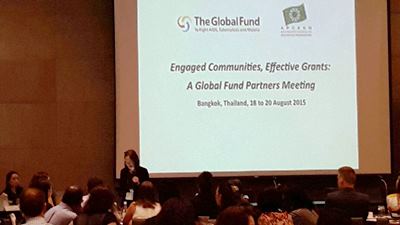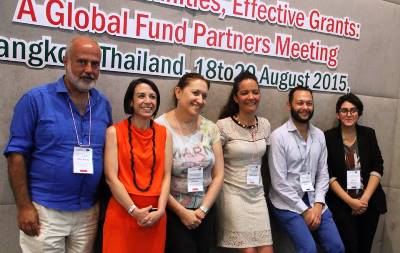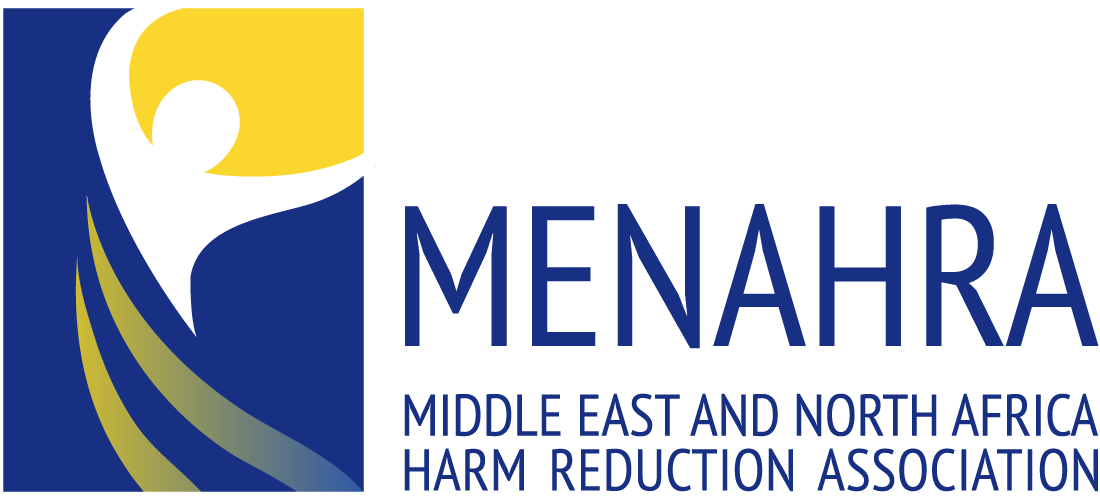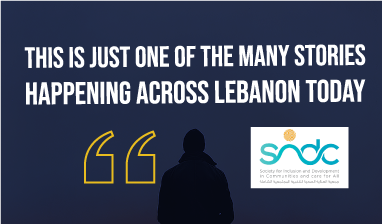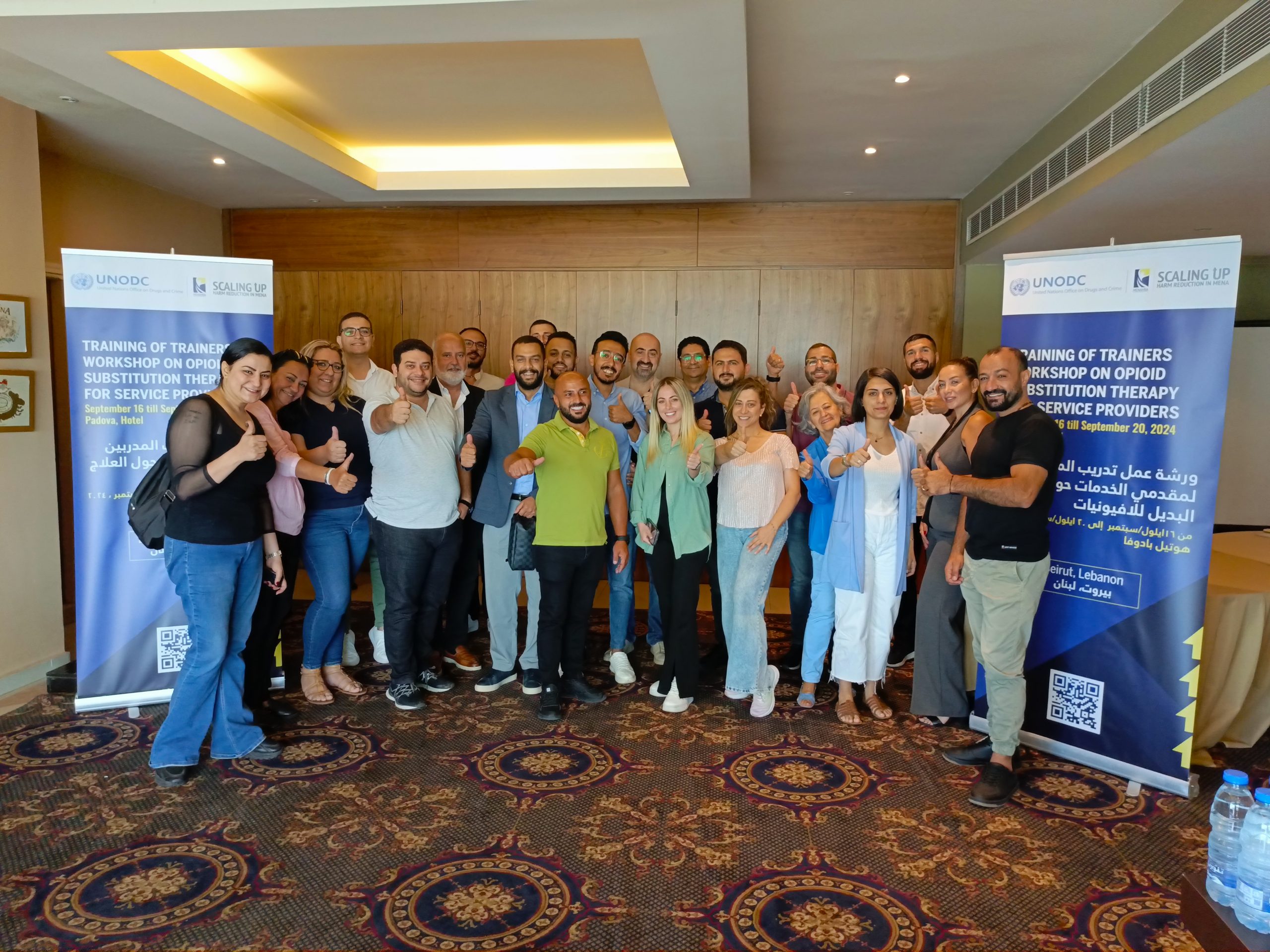During this month of August, 2015, MENAHRA, as a Technical Assistance provider in partnership with the Global Fund, was invited to participate to the Community, Rights and Gender Special Initiative (CRG SI) meeting, which was held in Bangkok in August 18-20, 2015. This meeting was organized by ASIA PACIFIC COUNCIL OF AIDS SERVICE ORGANIZATIONS (APCASO) in collaboration with THE GLOBAL FUND to fight AIDS, Tuberculosis and Malaria (GF).
The three days meeting aimed to reflect on the CRG SI’s progress to date in order to plan strategic and Effective use of remaining resources until the CRG’s end in December 2016.
The Specific objectives of the meeting were the following:
1. To introduce all three Community, Rights and Gender Special Initiative (CRG SI) components – technical Assistance providers, RCNF grantees, and regional platforms – in order to connect relevant actors and activities together.
2. To identify lessons learned and challenges from the RCNF and technical assistance work to date to support engagement across the funding cycle, and to highlight opportunities for collaboration among the three Special Initiative components in relation to HIV, tuberculosis and malaria.
3. To deepen the understanding of human rights issues related to the Global Fund, with a view of equipping participants to apply this knowledge to their respective areas of work.
4. To consider future scenarios for the CRG SI beyond 2016.
In order to reach the meeting objectives, the agenda was designed in a progressive way, the facilitation was inter-active and the program included group works that allowed the interaction, networking and input on the project from different countries.
MENAHRA was represented in the CRG SI meeting through its Executive Director and Network Coordinator, noting that the representation from MENA was limited to MENAHRA and Nai Zindagi as Technical Assistance provider, ITPC MENA from Morocco as Regional Platform.
A number of issues on the MENA situation, challenges and implementation related issues such as cultural specificities, and security, in addition to challenges related to the program itself, were raised during the meeting, suggestions were discussed on how to overcome these issues and how to improve the response. Additionally, shared experiences from the countries enriched the meeting and gave ideas for a successful implementation and an effective response.
A special session discussed how to improve the inclusion of the communities in the Country Coordination Mechanism (CCM) for a better response.
On the other hand, a session was presented jointly by the funders and partners on maximizing collaboration and accelerating the CRG SI, the session explored the funding opportunities for the concept note development including TA provision and Regional Dialogue or other needed support.
Finally, for a networking and collaboration purpose, the participants had the opportunity to share with others their organizations work details through exposing their publications and introducing their work on artwork. And the meeting ended with recommendations from the participants to the GF CRG SI program organizers to increase the collaborations and communication among the organizations for a better response and to inform the countries on this initiative.
Within this framework, MENAHRA and ITPC MENA conducted a meeting and agreed to increase the collaboration and to involve other regional networks in this coordination through the development of a memorandum of understanding between the two networks for this purpose include the following:
• To Update of the Regional Mapping of existing services and actors including health, legal and social dimensions for the three key populations
• To formalize the collaboration through a Memorandum of understanding or other tool.
• To create an operational mechanism of collaboration between the two networks and concentrate the communication and meetings between them.
• To work on the capacity building on advocacy for the CSOs and KPs.
• To tackle many dimensions related to the region that might affect the HIV and HR response for the KPs (i.e. repressive laws, weakness of the CSOs, low coverage, unstable situation and displaced population, lack of services, other priorities, etc).
